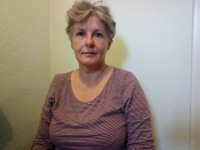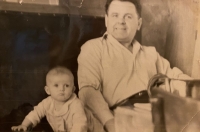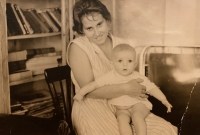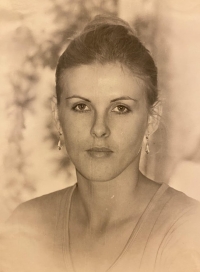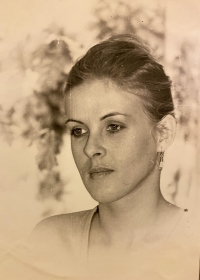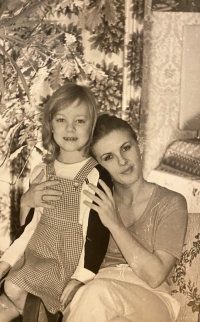We were not poor in Russia. I had no idea there was such a thing as poverty

Stáhnout obrázek
Liana Zhigunova was born on 18 May 1962 in Russia‘s Krasnoyarsk region, which covers a substantial part of Siberia. Her dad was an army construction engineer, so the family moved frequently. Her first home was the still partially closed city of Krasnoyarsk 45, where uranium was mined. The second place of residence was a classified city built in 1950 - Krasnoyarsk 26. It was used to produce plutonium for nuclear weapons. Childhood in such an environment marked the health of the witness for life. When her dad retired from the military in 1969, the family moved to the Black Sea. Due to her father‘s status, the family lived in relative affluence. However, in her teens, Liana Zhigun began to raise critical questions towards the state establishment. She found herself on thin ice at school and this also caused conflict between her and her mother. At the age of 16, she refused to join the Komsomol. In 1982, her daughter Ekaterina was born. After the events of the First Chechen War, she decided to emigrate to the Czech Republic and in 1999 she and her daughter moved to the country. At that time Liana paid for the processing of the documents needed for residence, but it was a scam. The witness and her daughter lost all their life savings. Thus, without financial resources, they began to live a completely new life in a foreign country. In 2016, her daughter became seriously ill and a year later the witness‘s health deteriorated rapidly and she had to stop working. In 2024 she was living in Prague.
